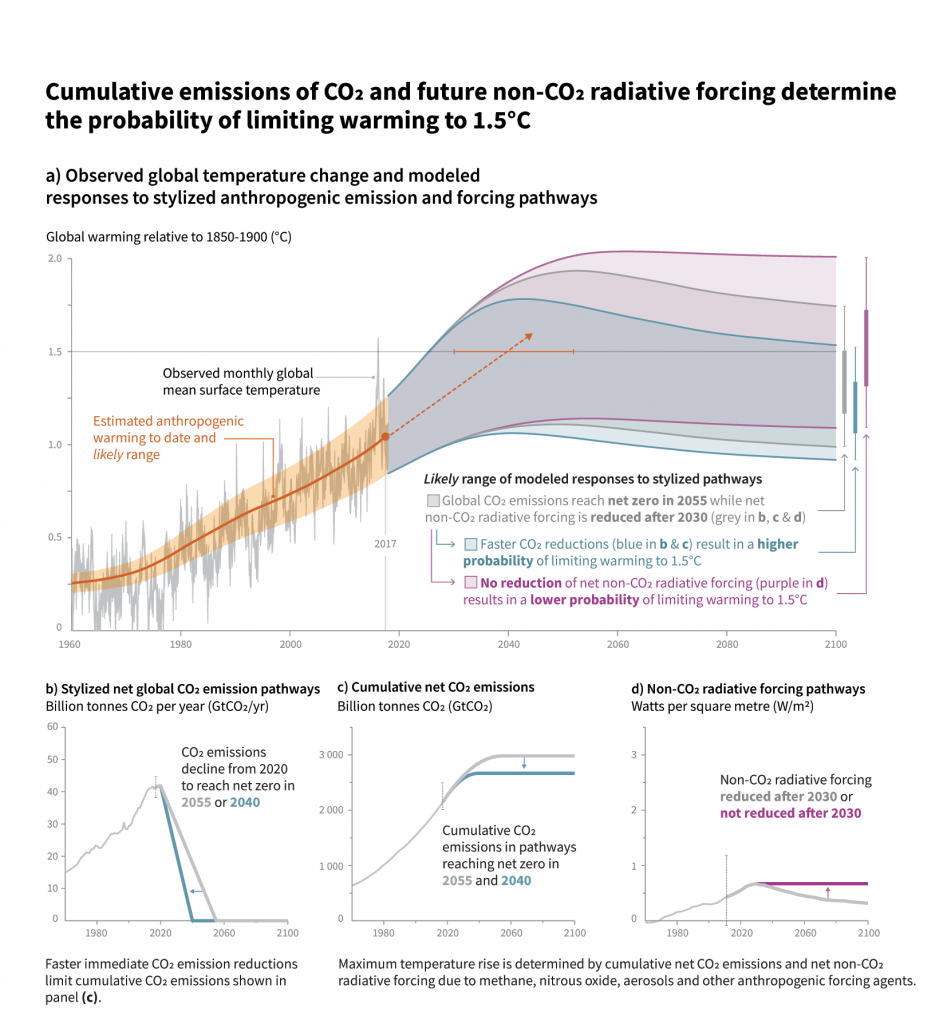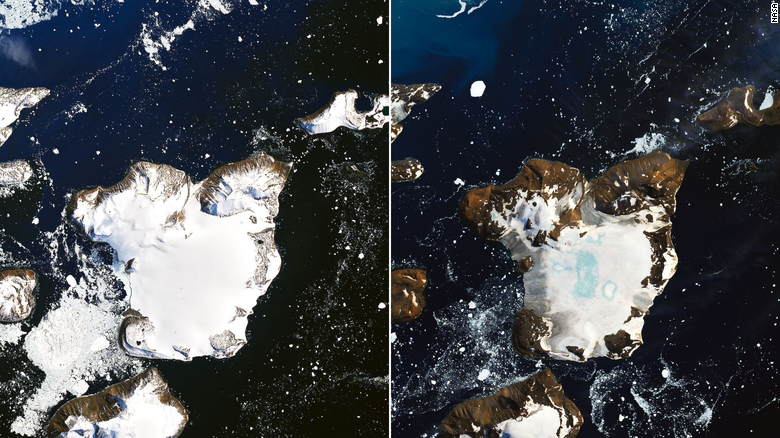- Feb 5, 2005
- 2,748
- 1,099
- Country
- United States
- Faith
- Baptist
- Marital Status
- Private
Good to hear someone looking at the real thing, and I can tell you will like the short video (link below) showing 5 historical IPCC predictions versus actual observations over time! (very interesting to see exact results, less than a minute)
For me, climate predictions and discoveries of new factors have been a 35 year stream of information over time.
Climate prediction is a very complex task, and under continual construction and revamping, kinda all of the time.
Because various scientists will realize that some new factors may need to be incorporated, because they may have significant effect.
(That careful, conservative view from 2017 will be gradually outdated of course, as you begin to see if you routinely read in the research reports such as just general reading of the short well written reports at phys.org in the "Earth Sciences" section. )
Here's the previous 5 IPCC reports compared to actual observed temperatures! (short, 40 second video, very nice quick look):
(See the short video in the early part of the article
Analysis: How well have climate models projected global warming? | Carbon Brief
Thanks for the civil discussion, most of the discussions I've seen on this (from both sides of the issue) are quite vicious. Not so much, on these forums, but on other non-Christian sites, it's pretty bad.
I looked at the IPCC's report list (Reports — IPCC), that report, Global Warming of 1.5° C, is from October 2018. Looked at the reports published, since then, and none of them changed the statements made in this report.
Last edited:
Upvote
0


